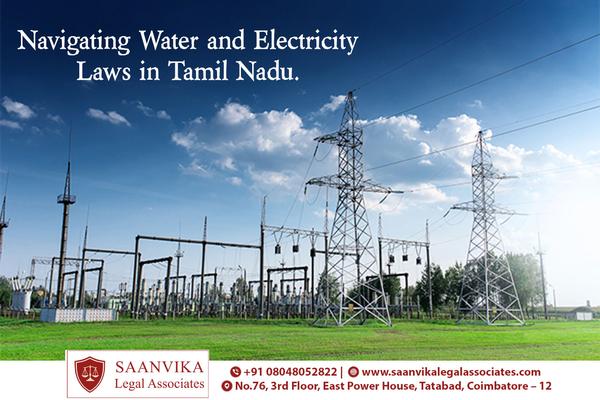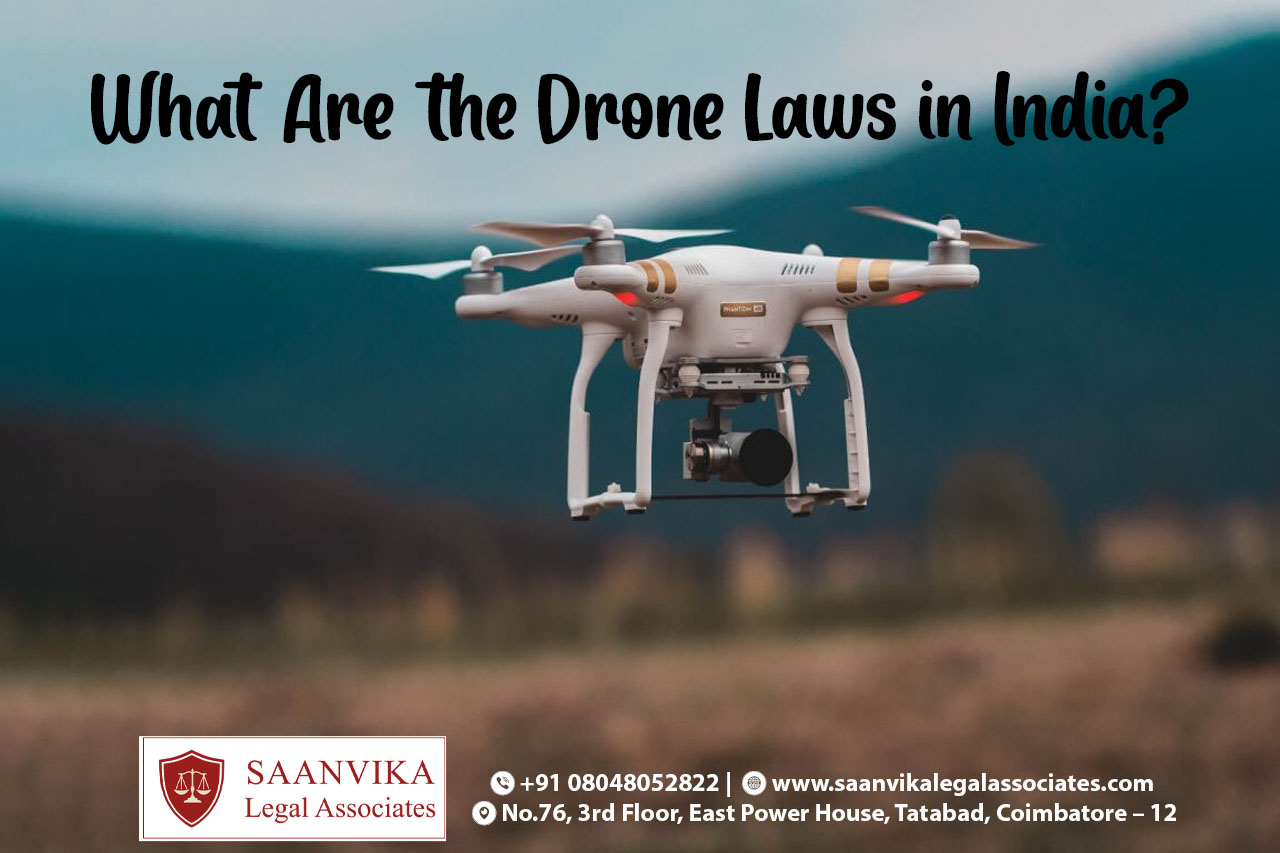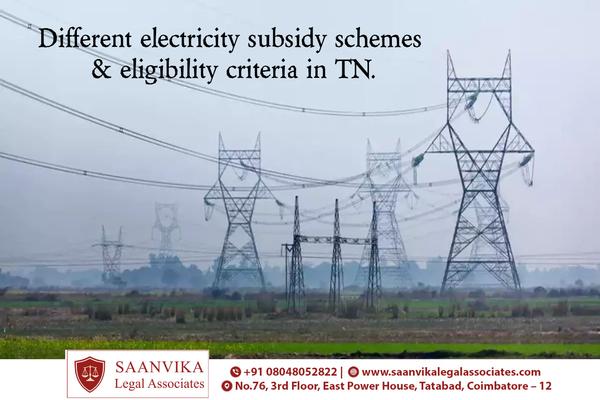
Drone laws/ Drone laws in India/ Best law firm ...

Drone laws/ Drone laws in India/ Best law firm in Coimbatore/ Best advocates in Coimbatore/Best law service in Coimbatore/ Best legal consultation in Coimbatore/ Best legal services in Coimbatore/ Best lawyers in Coimbatore/ Online legal consultation. To operate a drone in India, you must be registered with the DGCA and have a license to fly it. You must be over 18 years of age.India's drone regulations classified drones into different categories based on their weight: Nano Drones: Less than or equal to 250 grams. Micro Drones: Greater than 250 grams and up to 2 kilograms. Small Drones: Greater than 2 kilograms and up to 25 kilograms. Medium Drones: Greater than 25 kilograms and up to 150 kilograms. Large Drones: Greater than 150 kilograms. Registration and Permits: All drones except nano drones needed to be registered with the DGCA. Nano drones were exempt from registration requirements. Operators of drones other than nano drones needed to obtain a UIN (Unique Identification Number) for their drones.Commercial drone operators needed to obtain an Operator Permit (OP) from the DGCA. Drones were not allowed to be flown within 5 kilometers of the perimeter of airports or near other restricted areas such as military installations, strategic locations, and government buildings. Specific no-fly zones were designated, and drones were not permitted to operate in these areas. They were not allowed to be flown beyond the visual line of sight (BVLOS) of the operator. Flying drones over densely populated areas, public gatherings, and disaster-stricken areas was restricted. Drones were not permitted to operate within a horizontal distance of 25 kilometers from the international border, which included the Line of Control (LoC) and the Line of Actual Control (LAC). The DGCA introduced the Digital Sky platform, an online portal for drone registration, UIN, OP, and permissions for specific flights. Drone operators were required to seek permission for every flight through the Digital Sky platform. Pilots operating drones for commercial purposes were required to obtain a Remote Pilot License (RPL) from the DGCA. The RPL required training and passing an examination. Violation of drone regulations could result in penalties, fines, and legal actions. Unauthorized drone flights and violations of the rules could lead to confiscation of the drone and other legal consequences. At Saanvika Legal Associate, other law cases like business law, financial law, insurance law, environment law, consumer law, property law, banking, tax, cyber, labor, constitutional, legal registration, litigations, criminal, family law, and so on are provided. All kinds of Law services are offered by experienced lawyers that result in the success of your cases in every way possible.
Keywords
Subscribe for latest offers & updates
We hate spam too.


